Have you ever opened a jazz book and read through some things and then said to yourself, “Am I really going to be able to use this at all?” I’ve probably done this thousands of time. Searching the internet and musical book stores for those nuggets that will make your playing sound better without even trying. Well today I’ve set out to give you 5 tips that will seriously, no joke, make you sound better immediately. The only thing you need to do is take one concept and focus on it for your ENTIRE SOLO! Got that. You can’t let your mind wander or else it won’t work. Here we go!
#1 Stop playing so darn much and leave space.
Let me be brutally honest with you right now. Playing tons of notes because you can does not create music. In fact, they’re barely even memorable. Ever heard the saying space makes the heart grow fonder? Well this is true for jazz. When you leave space you will build up the value of anything else you play after the space. You’re telling a story. You’re building your solo. You’re taking your time. You’re being intentional and listening to what you want to express. Everything you play will have 10x more meaning behind it if you leave space. I love using this example to demonstrate how space can make a simple run hold more value. Take a listen. You’re just waiting for me to open up!
#2 Focus on rhythms, not melody
Rhythms are what drive jazz. It is the feel good sensation you get when you listen to the music. I could practically play wrong notes all over the place but if it’s swinging….WHO CARES?! Right?! I hope you’re nodding your head saying right. Everyone is so concerned about playing killin’ licks. What notes to play? What pattern can I play here? Forget all that for a second. Take 5 chorus and only focus on developing certain rhythms within your solo. You’ll find that you have a much easier time creating swingin’ and burning lines if you focus on the rhythm. There’s a reason the drummer always gets a huge applause at the end of their solo. Think about it.
#3 Be confident and know mistakes are okay!
This is jazz. You can play anything you want in jazz. Have you ever been in a situation where a person was telling you about the most ridiculous story you had ever heard, but because they were so adamant about it, you started to believe them? All of us have at some point. It doesn’t matter what you say, it only matters if you believe in what you’re saying, (playing). So when you step up on the band stand, you need to know that every note that comes out of you is your truth. Anything else will sound like BS, and in turn, won’t make you sound good. This goes for all instruments. Listen to my demo of playing wrong notes all over the place but because I believe they’re right, it sounds good! Interesting concept isn’t it?
#4 It’s not always about you
When you are up on stage playing a solo concert then yes it is just about you. When you have a group playing behind you, I’m sorry but you are creating music with them. If you were to remove the bass what would happen? It would give you a different texture. If you were to remove the drums, it would also give you a different atmosphere. Everyone has their part and when you are improvising their parts matter because they are supporting what you are playing. So listen to them! Listen to their ideas. Have conversations with the drummer. Have conversations with the bass player. When you are stuck inside your head while soloing you are note creating music. You might as well do the same thing in a practice room. Enjoy your fellow musicians and what they have to offer you while improvising.
#5 Go overboard with all your concepts and ideas
I mentioned this in my BSO post, but if you didn’t read it hear it is again. Any concept, or idea you have while soloing, can always be expanded upon more than you can possibly imagine. So many times I’ll hear players abandon great ideas after 4 measures or so. Or maybe you are playing at a soft dynamic, don’t immediately get loud after 8 measures. Play quietly for 4 chorus! Why not?! This will help develop your solo’s tremendously. Be patient and use your concept to it’s full potential. If you’re rushing from idea to idea of course you’re going to run out after a chorus or two. You need to extract all the flavor and value out of each idea before moving on to the next one. When you adopt this principle you’ll fall into a zen like zone and be able to solo for ever.
Here’s a demo on expanding concepts over Body and Soul.
Happy Practicing!
Brenden



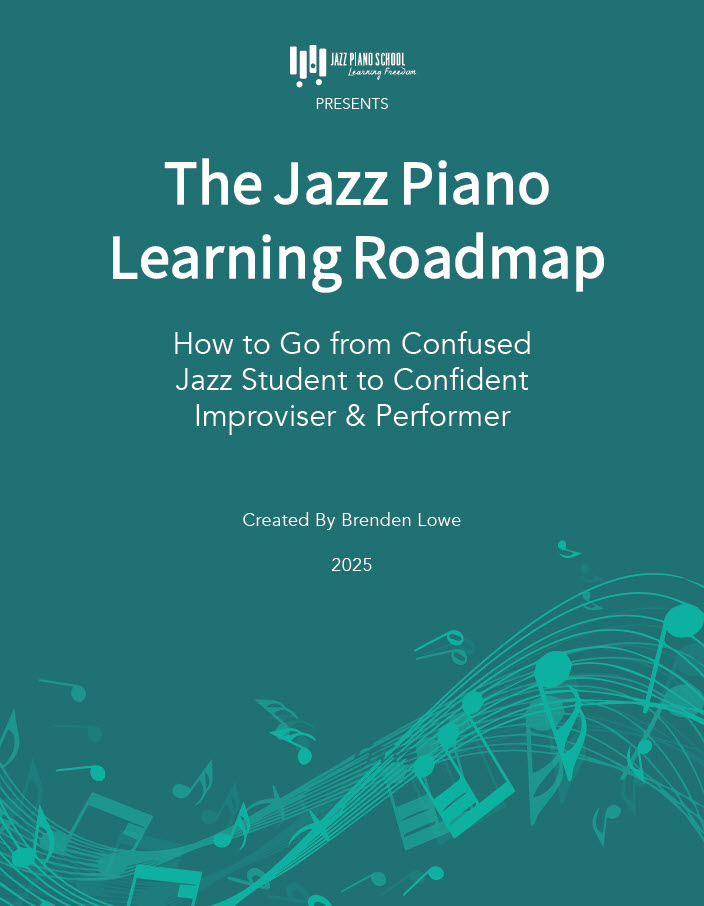
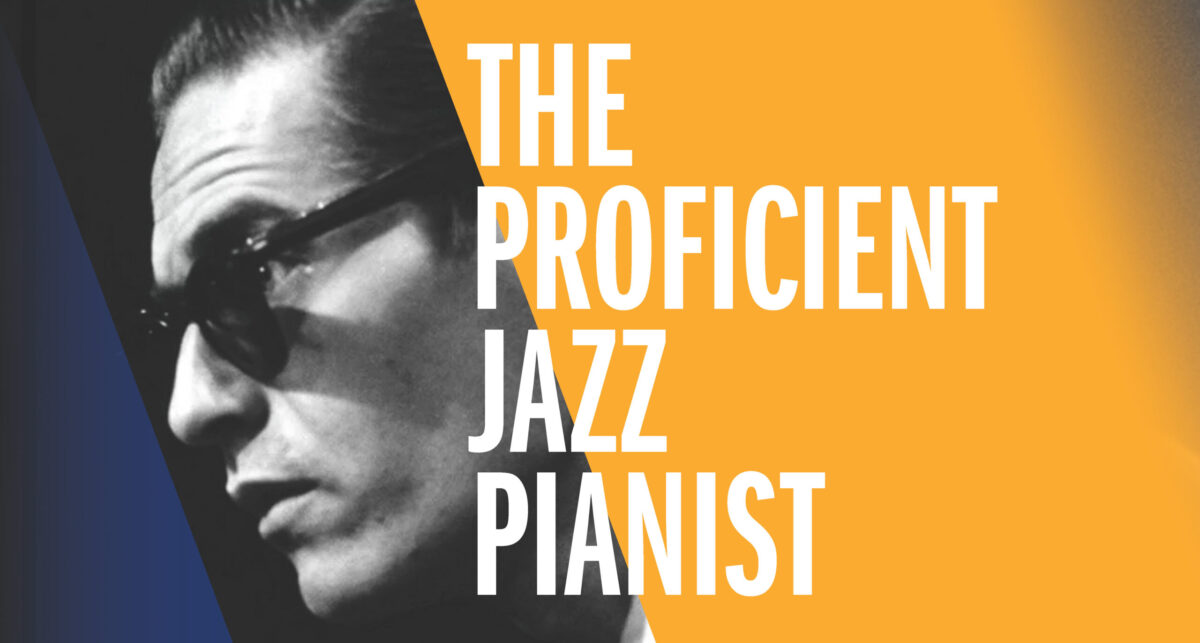
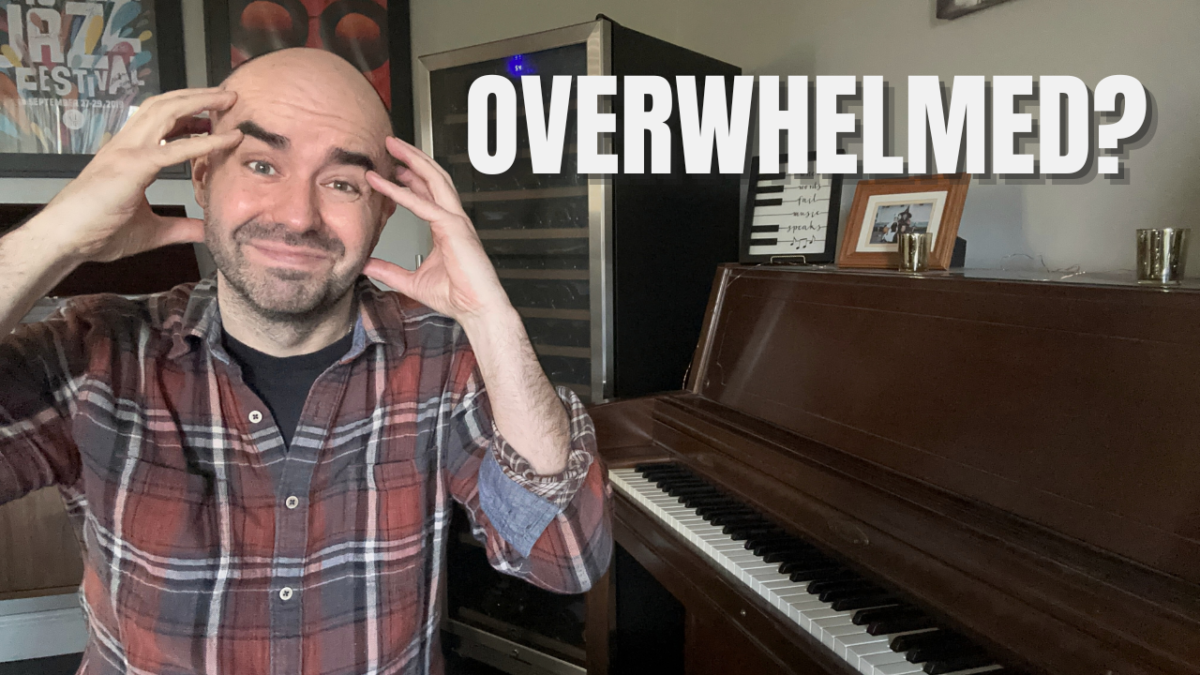
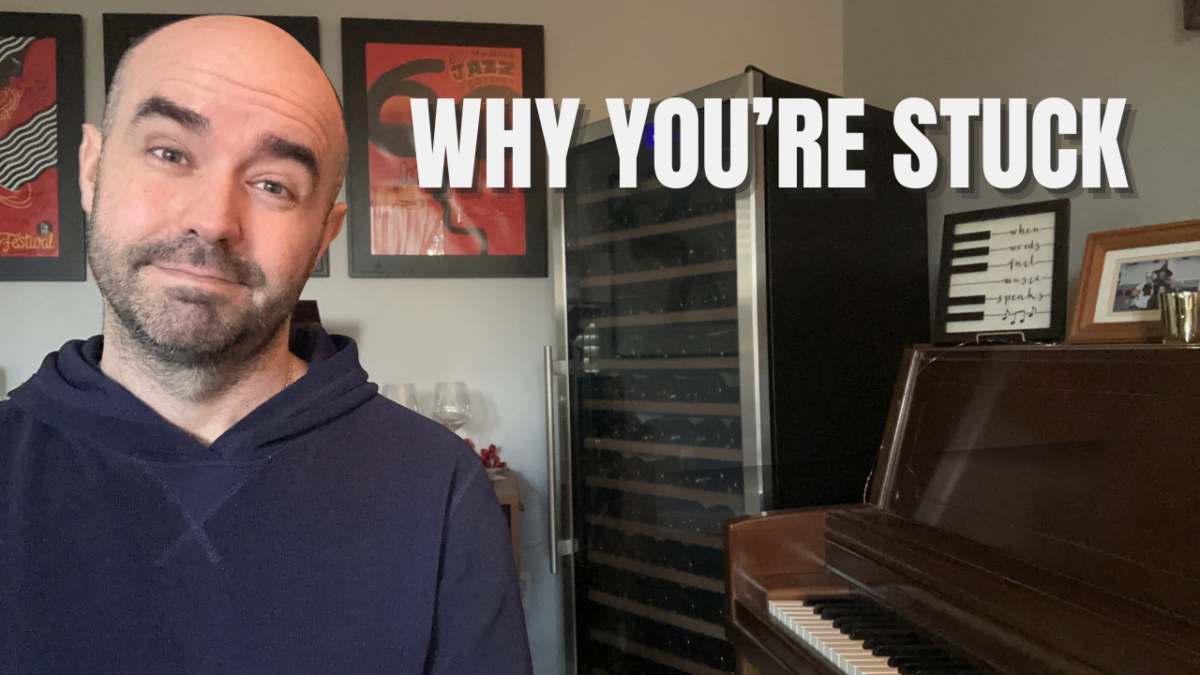
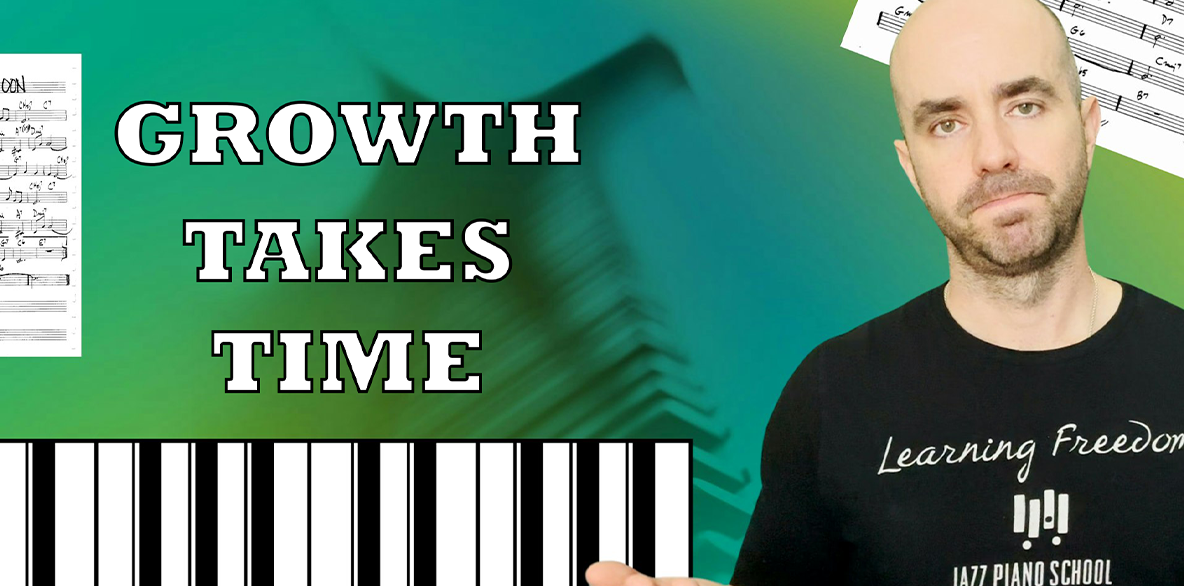

10 Responses
This is truly a positive step for my needs ad a musician/drummer.
Thank for the comment Adonica! I’m glad it helped! Feel free to let me know if you need any assistance with anything.
Brenden
I really appreciated your tips and like how you include demos of what you mean, too, thank you, Brendan!
Nice Been playing for over 30 years and have never gotten any better at improvising. I can read but
prefer to play by ear. Problem is when I don’t read, (I have very book Bill Evans ever put out)
I just can’t get it together to sound somewhat descent. I’ll try to practice these tips as they sound
…. ahhhh…. sound! LOL Thanks, Ack
…..right hand sounds so stiff….can’t get my fingers to play 8th and 16th note rhythms ……help
Jdavid, I don’t want to pretend like I’m a super experienced musician by ANY stretch of the imagination, but one thing I found to be helpful with playing 8ths and 16ths was to practice by hitting the same note over and over in whatever time signature you want, but instead of trying to strike the key every single time, work on feeling the movement of the hammer within your piano/digital piano as it strikes the strings/pads, and maybe not even ever actually taking your finger off of the key. Even set aside working on any time signatures for a little bit and just focus on feeling all the different ways that your hammer can move. Personally, what I found when I started to do this was that I wasn’t having trouble with the timing of my fingers as much as I was having trouble compensating for that small delay that occurs between the first depression of the key, and the actual contact between the hammer and the strings/pads.
this is so helpful! i’m only a beginner at jazz and this has helped me improve my playing. thanks for the demonstrations too!
could i have some sheet music for those songs?
Dear Brenden,
I am in the midst of teaching myself jazz violin. Flat keys are challenging for me, and I really am trying not to make ’embarrassing mistakes’ when I play over chord changes. Your comment on ‘wrong notes’ resulted in this immediate thought: “I really like this guy.” And then I listened to your intentional wrong note piano playing. Those wrong notes really gave it an oddly….kind of strange….beautiful sound. Kind of like abstract art with lots of movement and color. So, thank you for that interesting concept. I won’t be so hard on myself from now on, and, I will accept the musical expression of me. And, as you say, who’s going to know it wasn’t intentional afterall? Thanks!
That’s fantastic Herb. My dad plays violin. You’ll have to teach him some jazz language because he only plays classical! lol! Thanks for your kind and supportive comment. Glad the education was able to assist you. I’ll keep pumping out more amazing content for you. 🙂 Best